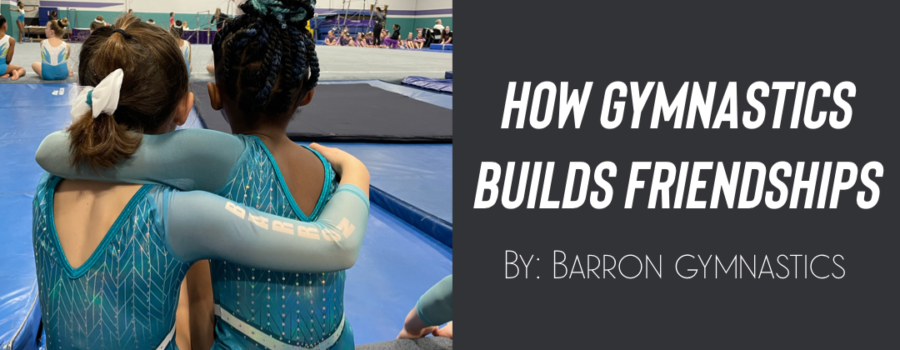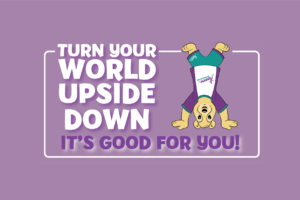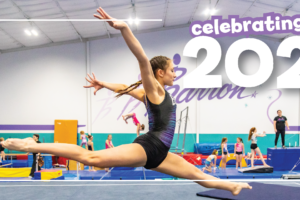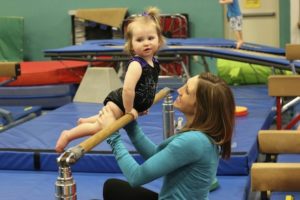When you think of gymnastics, a normal response would be to think about how gymnastics can develop your child’s body and mind. While this is very true, the sport of gymnastics offers far more than just physical and mental benefits. In addition, the benefits of these classes can carry over to your child’s emotional well-being and social skills. Beyond developments in strength, flexibility, coordination, and overall health, getting your child into gymnastics classes gives your child a place to build solid friendships with kids their own age and skill level.
Early Childhood Friendships Are Important
Developing early friendships has a significant impact on your child’s mental and physical health. Research shows that preschool friendships help kids by increasing a sense of belonging and helping them to build good emotional and social skills. Researchers also discovered that it helps to reduce stress.
Building friendships directly correlates with school performance. Kids with good friends usually perform better in school, have higher self-esteem, and find it easier to cope with the stresses that arise during everyday life.
Establishing early friendships is important for a child’s mental development. When kids develop friendships at a young age, it provides them with context to learn and practice skills that are related to social, emotional, communicative, and cognitive development.
Early friendships teach your children the following life skills:
- How to engage in appropriate conversation
- How to express empathy towards different viewpoints
- How to engage in age appropriate behavior
Building Childhood Friendships Through Gymnastics
Gymnastics classes offer an exciting way for your child to begin making friendships. Beyond simply offering children opportunities to build friendships, they also get to work with their peers to achieve their goals.
Their classes will give them the chance to work towards their goals together, to celebrate their own successes and to learn to cheer on the achievements of their friends.
Many gymnasts, such as Simone Biles, have noted how intense training and practice bring them closer together with their peers. They have expressed that the people they trained with became their best friends and like a second family. The bonds formed while practicing with friends have the potential to last a lifetime, proven by the statements of these high level athletes.
Solid friendships are built on a foundation of important skills that can be learned at gymnastics class or practice. Children have to develop their listening skills during class, which are important for good friendships. Not to mention, this helps to create healthy communication styles that assist with the parent-child relationships. Now, that is a good bonus! In addition, kids learn the importance of perseverance and self-discipline, skills that are essential for good relationships.
How Does Barron Help Friendships to Develop
The Barron leadership team is constantly finding ways to enhance class learning, bring the fun and energy, and give children the opportunity to make friends in a safe and positive environment. The following are a few of the many ways that our teachers and customer service team make a conscious decision to put these skills into action:
- Showing your kids friendships in action by the way that we communicate with other teachers, parents, and peers our age. This displays healthy communication and respectful listening.
- We work with your child to develop positive social skills, from our youngest classes to our oldest classes. Partner stations and constructive games/contests encourage them to learn the importance of sharing, listening, and paying attention to someone else’s feelings.
- Our teachers perform icebreakers to help them learn to start fun conversations with other kids. For our youngest students, we bring them together at the end of class to ask them what their favorite activity was that day. This gives them the platform to express their feelings to their peers and to find common ground by talking about similar interests. Our older students engage in specific activities that require using names, counting out exercises & working together on improvements as a class/team for group rewards.
- During class or practice, we encourage the students to cheer for others, helping to boost their self-confidence and to experience the joy that comes from being a good friend by providing positive feedback.




